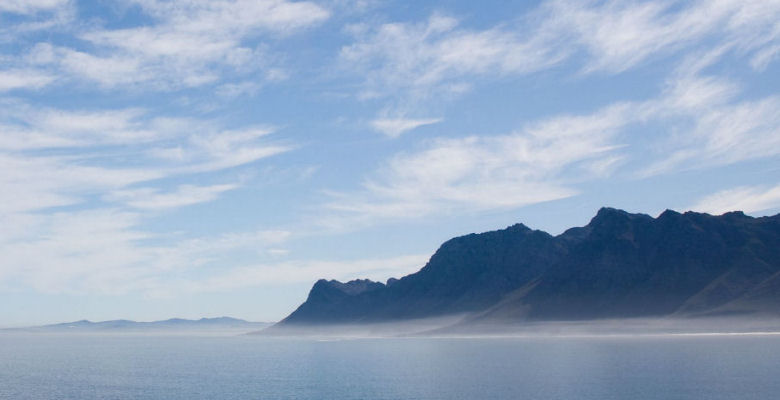Educational exchanges

Research in geography, art and natural sciences is being brought together through an international exchange programme which supports professional training in cultural heritage. The Research Centre in Evolutionary Anthropology and Palaeoecology is the only UK partner in this Erasmus Mundus consortium, involving the development of key research by postgraduate students.
This includes facial reconstructions, human skeletal analysis and reconstructing past coastal environments, sponsored by the AESOP Erasmus Mundus partnerships.
The coastal work has produced the first detailed sea-level curve covering the last 2000 years. This is crucial for the understanding of the relationship between climate and sea-level change in the Southern Hemisphere and the impacts on coastal environments including the St Lucia wetlands in KwaZulu Natal, South Africa's first World Natural Heritage site.
This interdisciplinary research in cultural heritage also brings in the LJMU Face Lab. This research puts science, art and cultural heritage together to reconstruct the actual anatomical features of some of the most important members of the Medici family. This is compared with Renaissance portraits to help discover which reconstructions are the most accurate and is part of a larger project in collaboration with the University of Florence.
Laura Bishop, Professor of Hominid Paleoecology at LJMU, explains:
“LJMU was invited to participate in the partnership on the basis of its world leading research in Anthropology. The consortium provides opportunities for LJMU post-graduate students and academic staff to create international collaborations with their colleagues in South Africa.”
Franci Dorfling, from the University of Pretoria and Kate Leigh Strachan of the University of KwaZulu-Natal, have spent working with academic staff in the Research Centre to further their postgraduate research.
Franci said:
"Studying here at LJMU has been a life changing experience. The people I've met, the skills I've learned and the experiences I've had will stay with me forever. Thank you for the opportunity to become better equipped, to continue my studies, and to face life with a broader perspective."
LJMU student Samuel Rennie is currently visiting the University of Pretoria, working on human skeletal collections as part of his PhD.
He commented:
"Studying at the University of Pretoria has been a fantastic experience so far, from working in the Pretoria Bone Collection alongside other researchers both local and international, to better understanding South African culture."
The AESOP Erasmus Mundus and Erasmus Plus partnerships are coordinated by University Paul Sabatier, Toulouse, France and the University of the Western Cape in South Africa and are funded by the European Commission. It includes 11 institutions in Europe and nine in South Africa.
Further information about the Research Centre in Evolutionary Anthropology and Palaeoecology is available here
For further information about AESOP and its successor, the AESOP+ Erasmus Mundus plus programme, please see their websites:


